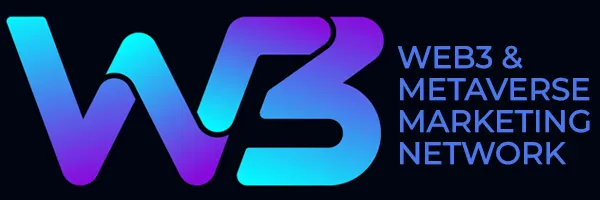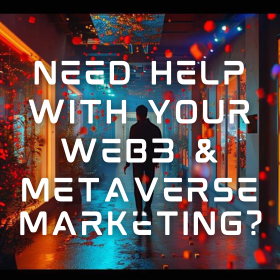As of my last update in September 2021, there were a few notable examples of successful Web3 and metaverse marketing campaigns that demonstrated the creative and innovative possibilities within these emerging spaces. Please note that the landscape may have evolved since then, but these case studies can still provide valuable insights into what’s possible in the Web3 and metaverse marketing realm:
here are some case studies of successful Web3 and metaverse marketing campaigns:
- Adidas : Adidas partnered with The Sandbox to create a virtual Adidas Originals store in the metaverse. The store features exclusive NFTs and other digital assets, and it has been a popular destination for fans of the brand Adidas Sandbox.
- Coca-Cola : Coca-Cola created a series of NFTs to celebrate its 100th anniversary. The NFTs were sold on OpenSea, and they raised over $575,000 for charity.
- Pepsi : Pepsi created a virtual Pepsi Mic Drop concert in Roblox. The concert featured performances by artists such as Lil Nas X and The Chainsmokers, and it was attended by over 6 million people.Mic Drop concert in Roblox
- Nike: Nike acquired RTFKT, a company that creates NFT sneakers. Nike has plans to release its own line of NFT sneakers, and it is also exploring other ways to use NFTs in its marketing campaigns.
- Samsung: Samsung created a virtual Decentraland store where users could explore its products and services. The store was a popular destination for users of Decentraland, and it helped to raise awareness of Samsung’s brand in the metaverse.
These case studies showcase the creative ways in which Web3 and metaverse marketing campaigns can integrate NFTs, cryptocurrencies, and virtual experiences to engage audiences, build communities, and drive brand awareness. As the Web3 and metaverse ecosystems continue to evolve, we can expect more innovative and exciting marketing campaigns that leverage the unique features of these decentralized and immersive platforms.









